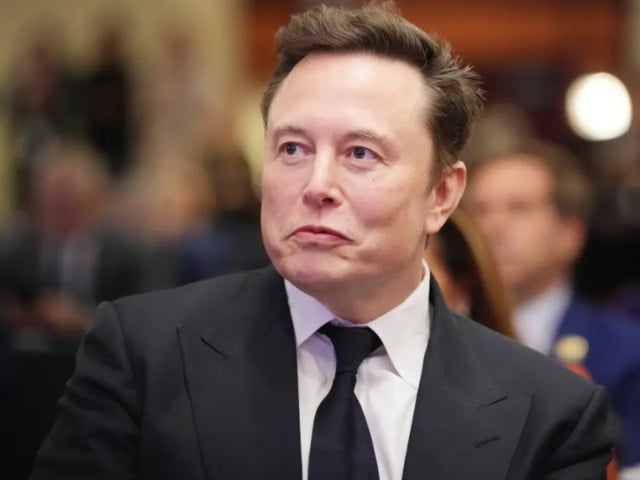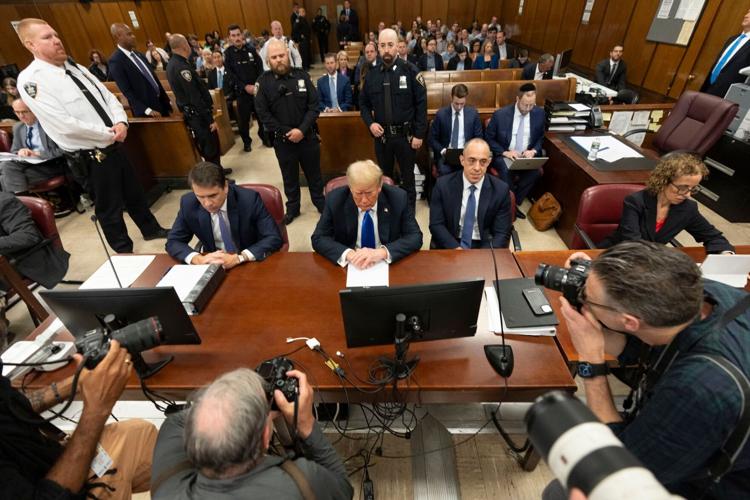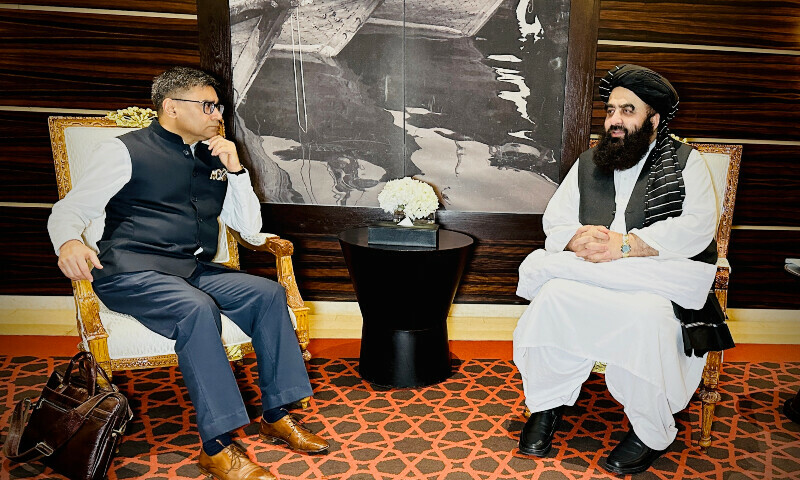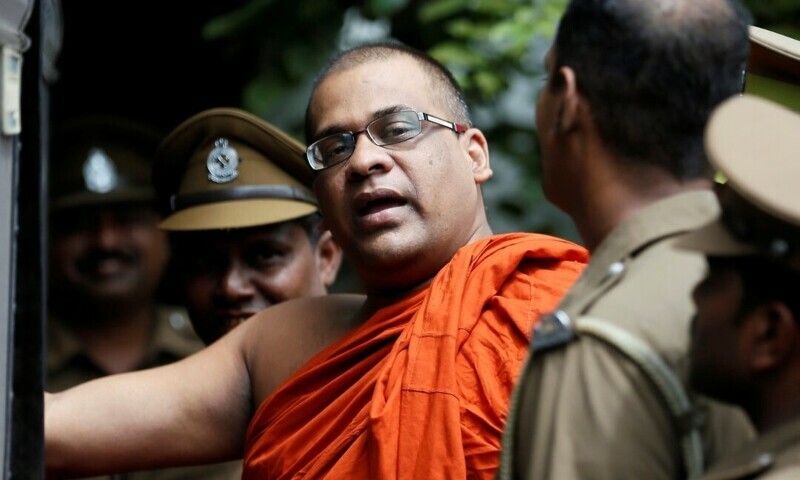WORLD NEWS

In a move that has sparked global controversy, Tesla and SpaceX CEO Elon Musk has endorsed an anti-Pakistan narrative promoted by Indian lawmaker Priyanka Chaturvedi, who is affiliated with the Hindu nationalist Rashtriya Swayamsevak Sangh (RSS). Chaturvedi’s comments, which sought to blame Pakistan for grooming gangs in the UK, were echoed by Musk in a social media post, calling the statement "true."
Chaturvedi, a prominent figure in the far-right political party, drew criticism for her comments, which contradicted Labour leader Keir Starmer’s attempt to downplay ethnic generalizations regarding grooming gangs. While Starmer highlighted that most such gangs were composed of white men, Chaturvedi framed the issue as one stemming from Pakistan, further fueling tensions. Musk's endorsement of her view has drawn attention not only for its political implications but also for its alignment with far-right ideologies.
The RSS has long been criticized for its ties to fascist ideologies, with its founder M.S. Golwalkar advocating for a Hindu-only nation, inspired by Nazi Germany's treatment of Jews. Musk’s apparent endorsement of this narrative has reignited discussions on the dangers of promoting divisive rhetoric.
Critics argue that Musk’s endorsement of Chaturvedi’s comments is part of a broader trend of harmful and racially charged narratives surrounding the issue of grooming gangs in the UK. A 2020 UK Home Office report challenged the narrative that grooming gangs are primarily composed of Pakistani men, revealing that the majority of such gangs involve white men under 30. However, certain far-right figures, including former UK Home Secretary Suella Braverman, have continued to push the narrative of Pakistani men’s disproportionate involvement in these crimes.
Musk’s comments have raised questions about his motivations, with some suggesting that his remarks may be a tactic to gain leverage in ongoing discussions between his company, Starlink, and Pakistani authorities regarding satellite internet licensing issues.
The situation has sparked outrage among child protection experts, who warn that perpetuating these divisive narratives only serves to hinder efforts to address child sexual exploitation and protect vulnerable communities. Over 50 researchers and organizations have urged politicians to avoid making misleading or harmful claims, stressing the importance of combating misinformation and racism in this context.
As the debate over grooming gangs continues to unfold, experts caution that the politicization of such sensitive issues risks undermining the broader goal of safeguarding children and fostering unity rather than division.




